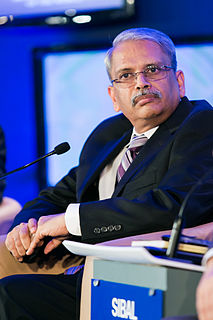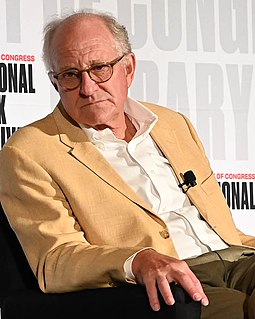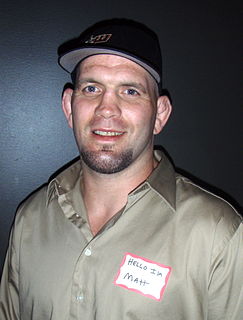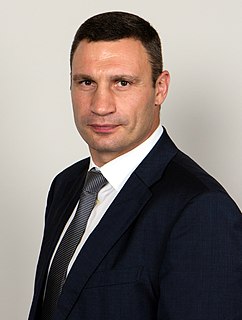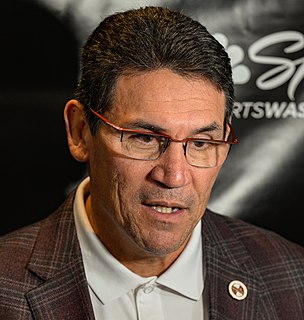A Quote by Kris Gopalakrishnan
With a traditional human resources system, we would work with a company, select the product, customise and implement the system, and our job would be over. Some companies are changing and asking why do they need to own the HR system when they can connect to an Internet service and pay as you go?
Related Quotes
Sometimes HR transformations have been definitions. Just because someone does an e-HR system or puts in a new talent system or changes the HR function does not mean an HR transformation has occurred. We identified four phases of HR transformation. Missing any of the four phases would be an incomplete effort.
I think that if you have a single payer system and an opt-out for people who want to pay more [for better service, etc.], I think it would be better - and I think we'll eventually get there. It wouldn't be better at the top - [our current system] is the best in the world at the top. But the waste in the present system is awesome and we do get some very perverse incentives.
The legal system doesn't work. Or more accurately, it doesn't work for anyone except those with the most resources. Not because the system is corrupt. I don't think our legal system (at the federal level, at least) is at all corrupt. I mean simply because the costs of our legal system are so astonishingly high that justice can practically never be done.
The British use a system where the profits a corporation reports to shareholders is what they pay taxes on. Whereas in America we require corporations to keep two sets of books, one for shareholders and one for the IRS, and the IRS records are secret. For publicly-traded companies, the British system would tend to align the interests of the government with the interests of the company because the company wants to report the biggest possible profit. Though, all wealthy countries have high taxes as wealth requires lots of common goods, from clean water to public education to a justice system.
When artists connect to a system because they want to make a living, it's their own choice. In fashion, designers don't have that choice. I know everybody mentions Azzedine Alaïa, but he's been going for a long time in the system - showing to people, selling to clients - and I think it's admirable how he's transformed it into his own system in a way, but it's still a system.
I think we should be clear: Companies will still need software that furthers their corporate goals and even gives them competitive advantage. That would be purchased and developed, if necessary, in house, or on a proprietary basis. But it needs to run on the company's computer system eventually, and its perfectly possible that system/network can be "rented out" from a utility.
Our system freed the individual genius of man. Released him to fly as high & as far as his own talent & energy would take him. We allocate resources not by government. decision but by the millions of decisions customers make when they go into the market. place to buy. If something seems too high-priced we buy something else. Thus resources are steered toward those things the people want most at the price they are willing to pay. It may not be a perfect system but it's better than any other that's ever been tried.
Capitalism does not permit an even flow of economic resources. With this system, a small privileged few are rich beyond conscience, and almost all others are doomed to be poor at some level. That's the way the system works. And since we know that the system will not change the rules, we are going to have to change the system.
I think basic disease care access and basic access to health care is a human right. If we need a constitutional amendment to put it in the Bill of Rights, then that's what we ought to do. Nobody with a conscience would leave the victim of a shark attack to bleed while we figure out whether or not they could pay for care. That tells us that at some level, health care access is a basic human right. Our system should be aligned so that our policies match our morality. Then within that system where everybody has access, we need to incentivize prevention, both for the patient and the provider.
I strongly believe in the apprenticeship model because we see in a lot of countries the local education system is not providing talent that businesses need. So it is important that there is an alignment between what the companies need and the education system, so the education system can build the right programmes.
